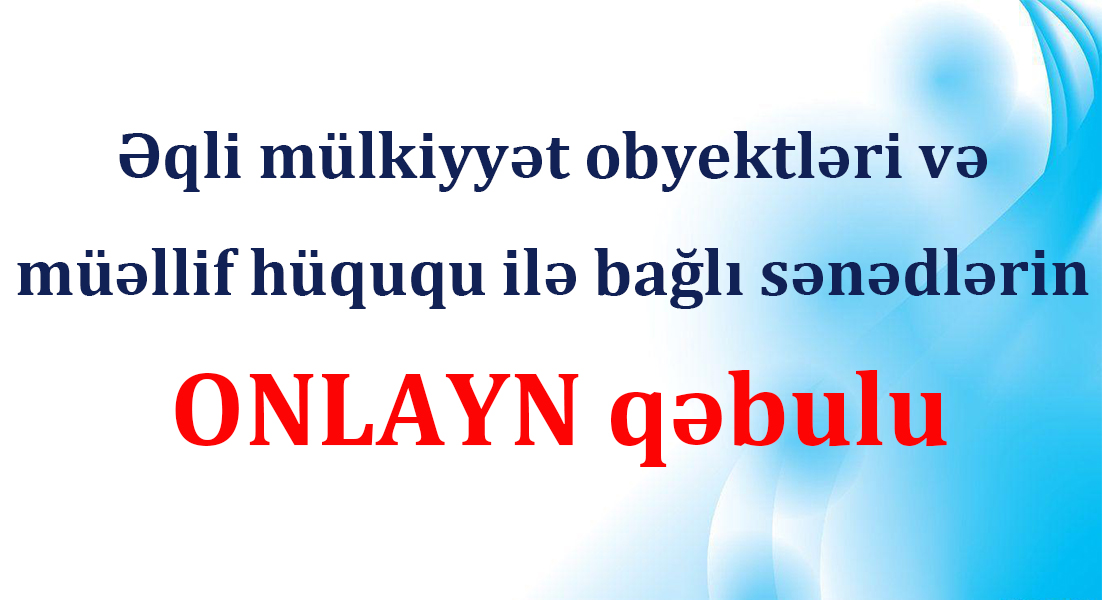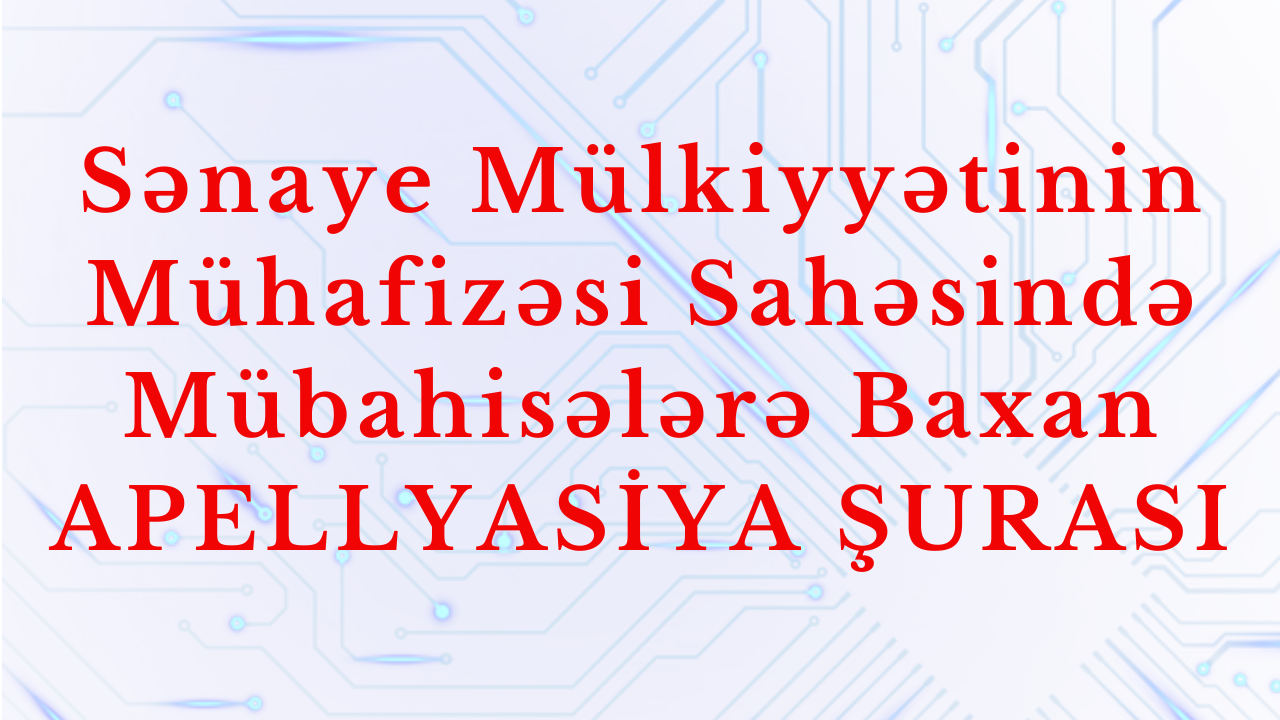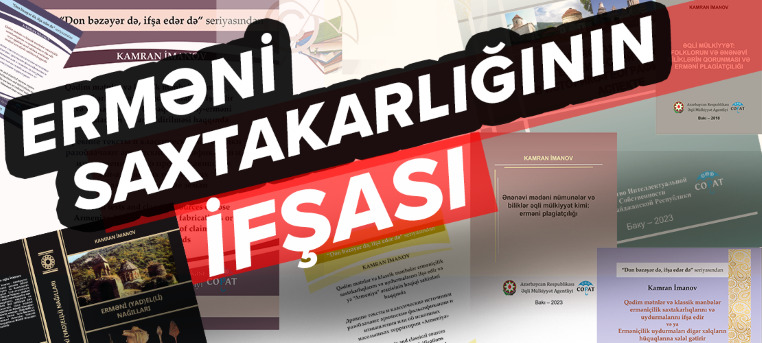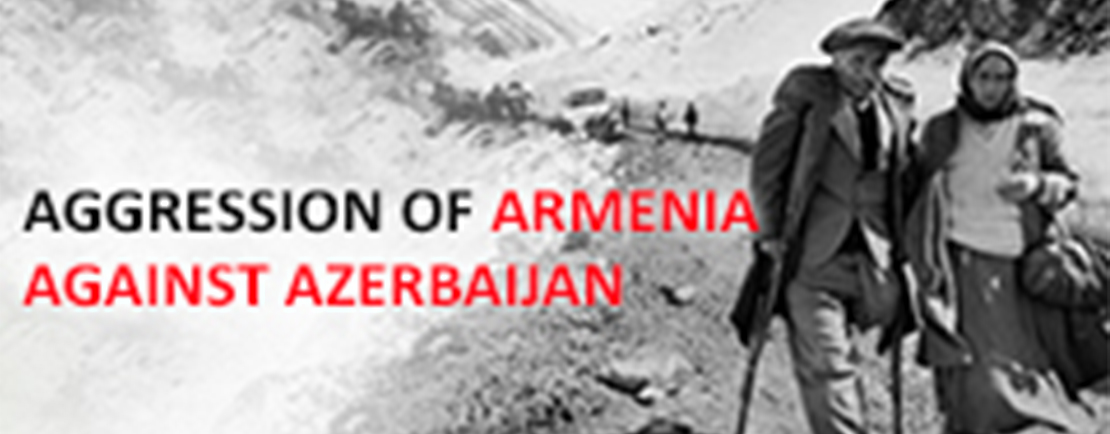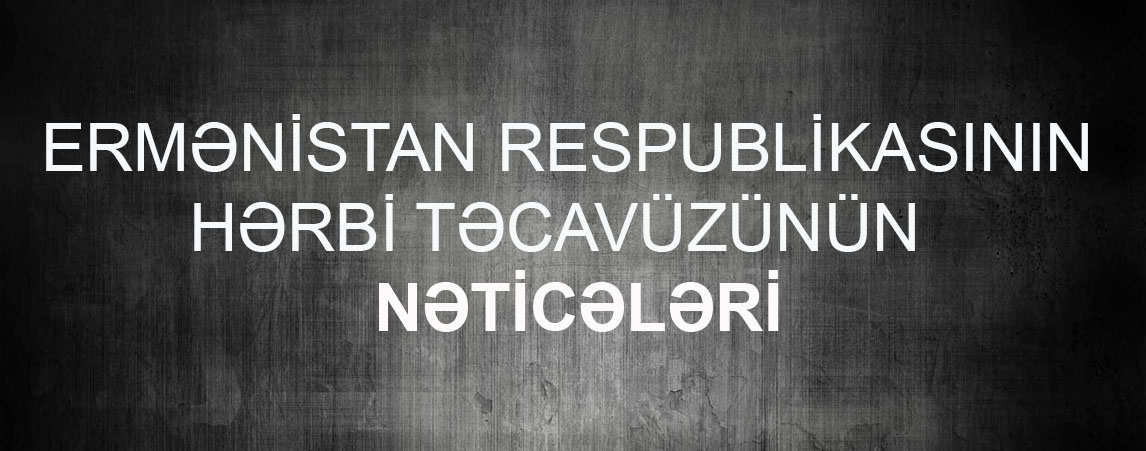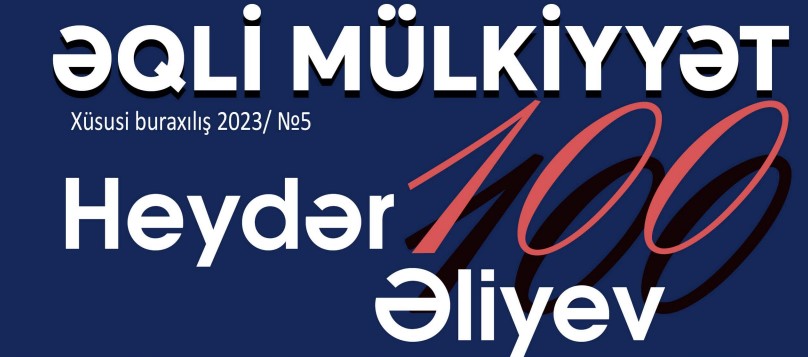Confessions of famous Armenians in near past
1. Khachatur Abovyan (XIX century), the founder and classic of modern Armenian
Literature (“Wounds of Armenia”):
“Turkish (Azerbaijani) has been so much intruded into our language that the songs, poems, proverbs are told in Turkish (Azerbaijani) by us”
“I wrote the bayatis in order to make the Armenians say the same things as the Turks (Azerbaijanis) say in the assembly, on the bread, so that their language would be more sweet.”
“God damned Turkish, however this language has got the blessing of the God … everywhere – on celebrations or wedding ceremonies we sing in Turkish”.
Note: K. Abovyan used more than hundred Azerbaijani words such as “plov”, “chalma”, “gara-papakh”, “khurjun”, “tandir” and lots of Azerbaijani proverbs in his famous “Wounds of Armenia” novel.
2. Gazaros Aghayan (poet, writer):
“The grammar of the Armenian language is very similar to Turkish [Azerbaijani]. The Armenian people, ashugs had no difficulties to learn it and afterwards even during conversation in Turkish [Azerbaijani] language. Even presently, there are many writers having excellent command in Turkish [Azerbaijan] language, despite of the fact that they are at a far distance”.
3. Palasanyan («The Armenian tunes ») (Literary critic of the X1X century): “the motives of our tunes differ … like tajik in Tajikistan, like georgian in Georgia etc”
4. Terteryan. Armenian academician.
(“Creativity of Abovyan”)
“…Armenians always use Azerbaijani proverbs and sayings in their communication and colloquial speech”.
5. Brutyan: “The most outstanding armenian singers of mugham are from Baku and Shusha”.
6. Nalbandyan: “Armenian ashugs can be considered, as Armenian ashugs, only because they were born in the Armenian families” and “they were always based on the art of the Azerbaijani masters” and moreover, “the musical instruments played by them – saz, santur, kaman or kamanacha, baglama are Turkic instruments”
7. Manuk Abegyan, Literary critic ( «Folk tunes»):
“Unfortunately, we are confronted with the fact that our language is poor at poly-semantic words, expressions having similar meanings, they are even very few in it and therefore, we use Turkish (Azerbaijani), which is well familiar to us”.


